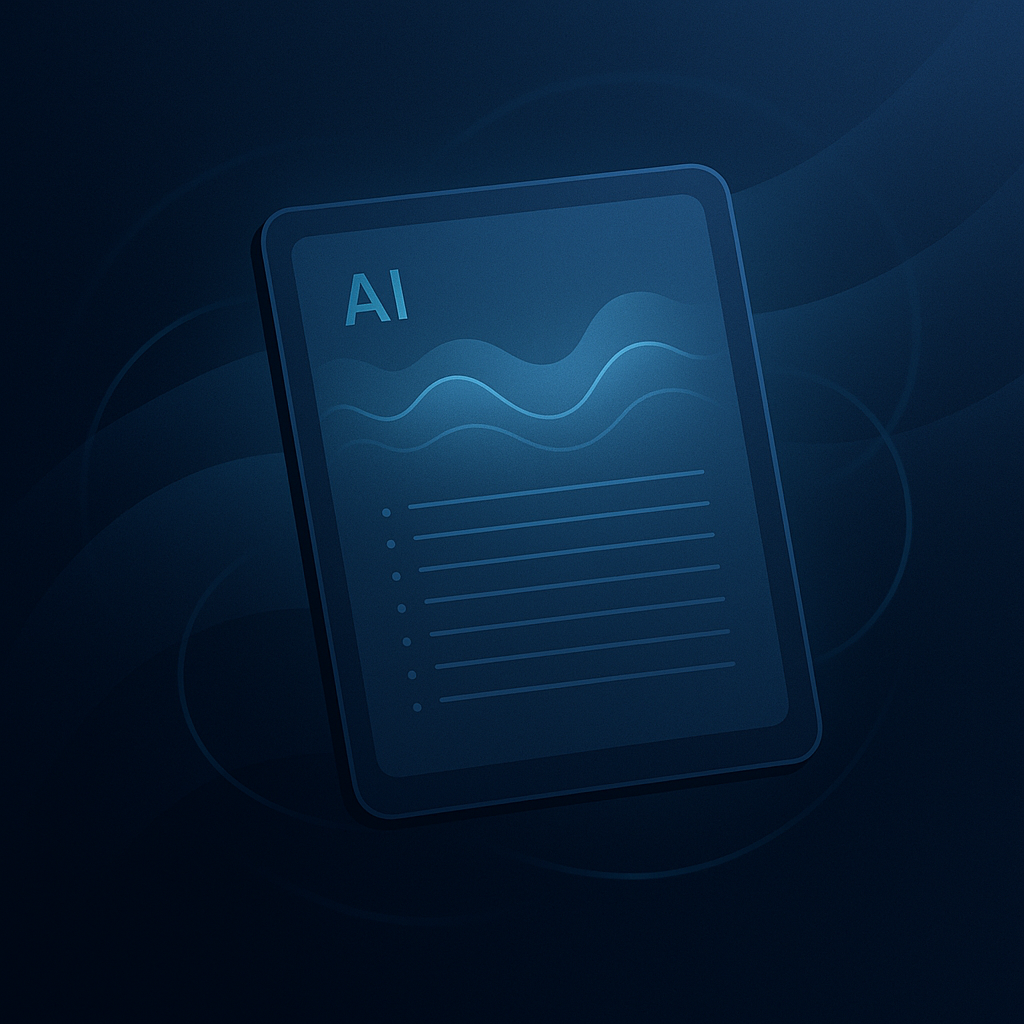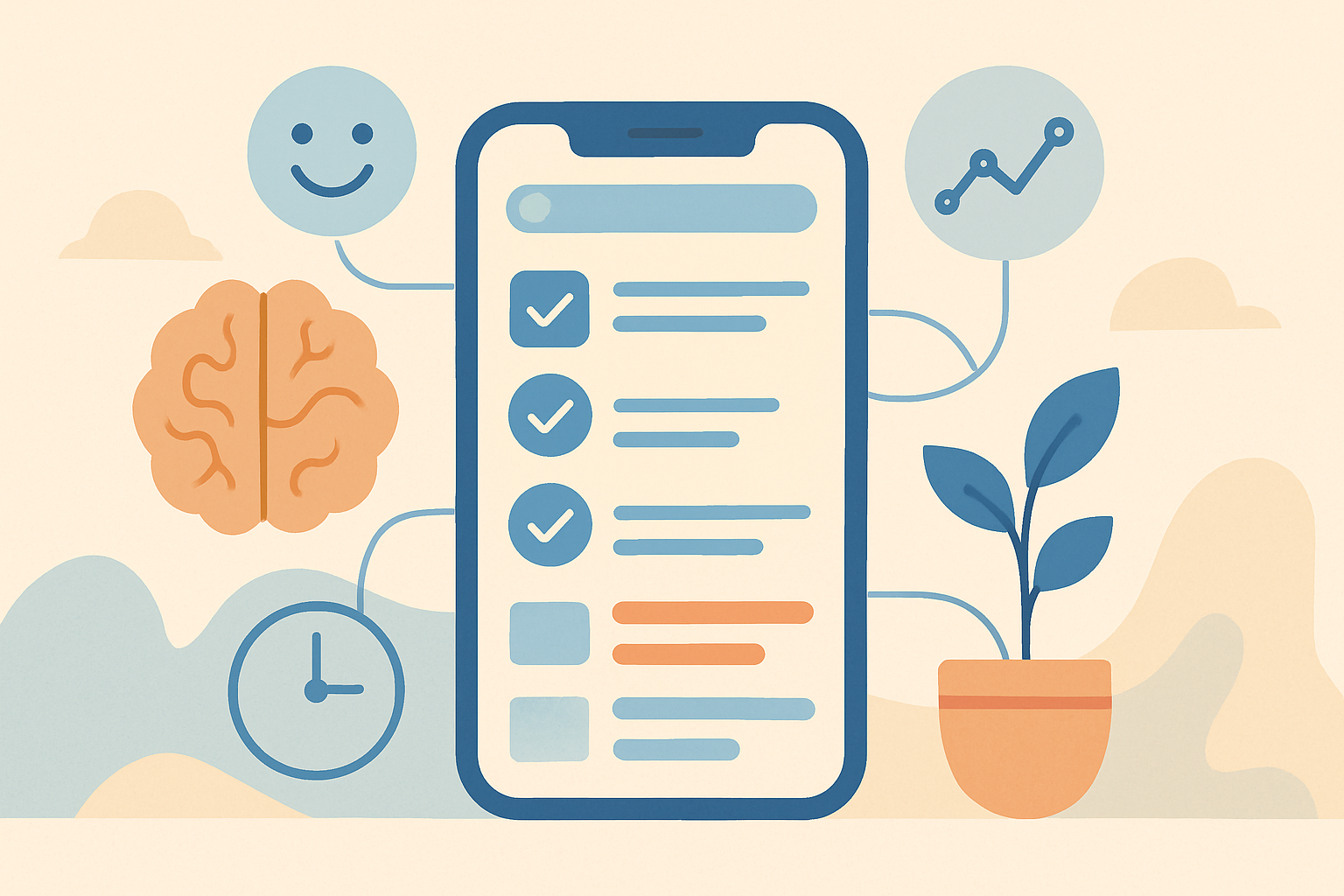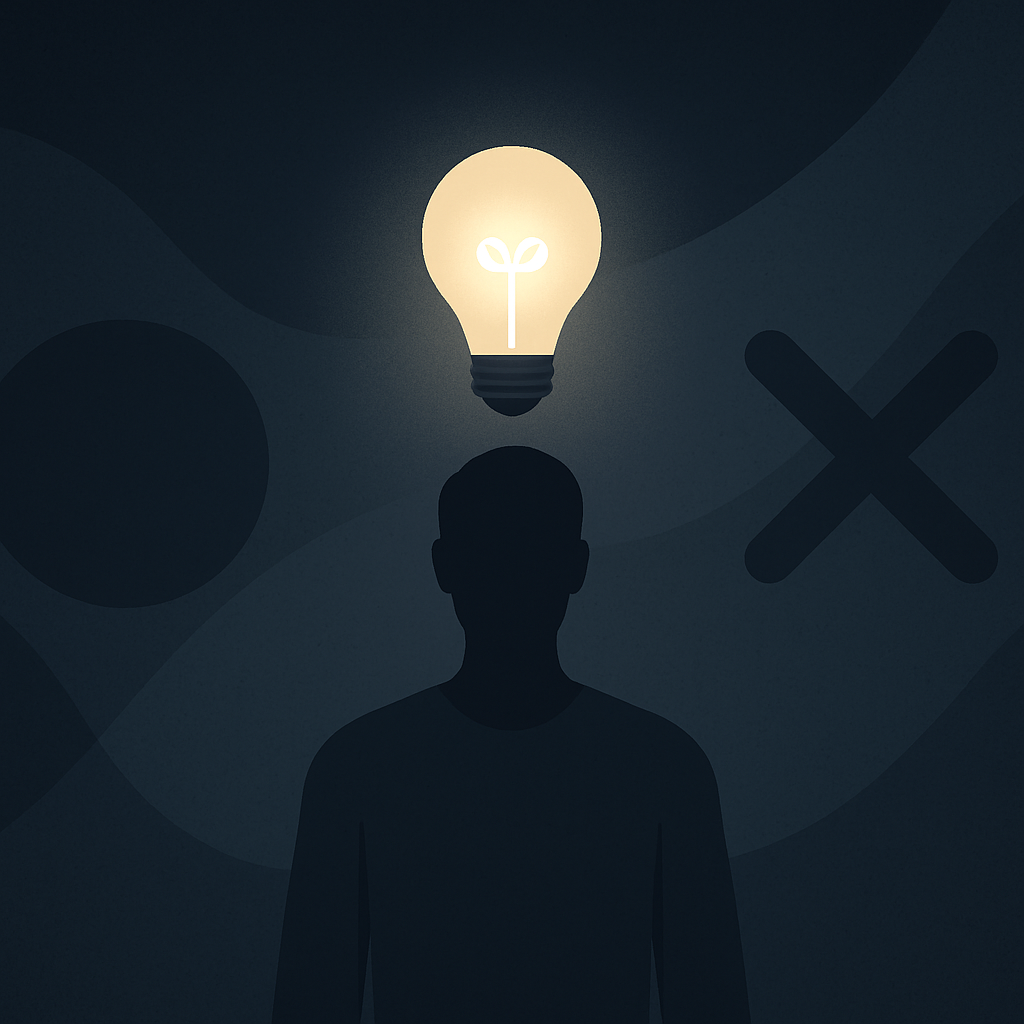Journaling has always been a timeless practice for clarity, creativity, and growth. But in a world where our thoughts move faster than we can write them, reflection needs a modern upgrade.
That’s where artificial intelligence enters — not as a replacement for your inner voice, but as a mirror that helps you understand it better. AI
AI journaling isn’t about writing to an app. It’s about thinking with one.
It transforms simple notes into insights, patterns, and actionable plans, creating a bridge between emotion and logic — between reflection and execution.

The Evolution of Journaling in the Age of AI
For centuries, journaling was static: a private dialogue between pen and paper. Today, it’s dynamic — powered by algorithms that understand tone, context, and intention.
AI tools don’t just record what you write; they analyze how you think.
When you write in a digital journal enhanced by AI, the system interprets sentiment, categorizes topics, and highlights trends over time.
It becomes a living record of your cognitive growth — part diary, part data map.
Example:
You write: “I’ve been feeling stuck at work lately.”
An AI journaling app detects negative sentiment, identifies patterns of frustration from previous entries, and generates a reflection prompt: “What about your work feels misaligned with your goals?”
Suddenly, your thoughts evolve into insight.
How AI Journaling Works
AI journaling is powered by natural language processing — the same technology behind ChatGPT and modern productivity tools.
When you write, the system evaluates your language through context, emotion, and intent.
It can summarize, organize, and even visualize your thoughts in real time.
Your writing becomes interactive — part introspection, part analysis.
Example:
You upload a week’s worth of journal entries into Notion AI or Reflectly. The AI identifies recurring emotions like “stress” or “excitement,” and maps them against your daily schedule or sleep data.
This cross-analysis reveals how specific activities affect your mental state — a feedback loop between behavior and emotion.
| Process | AI Function | Benefit |
|---|---|---|
| Capture | Records and structures thoughts | Clarity in writing |
| Reflection | Summarizes themes & emotions | Self-awareness |
| Action | Generates insights and goals | Personal growth |
It’s not just a journal anymore. It’s a personalized cognitive assistant.
The Power of Reflection Meets the Precision of Data
Humans are emotional thinkers; AI is an objective observer. Combined, they create balanced reflection.
Traditional journaling captures feelings but often misses patterns. AI closes that gap by analyzing frequency, tone, and behavior correlations.
It doesn’t interpret emotion — it amplifies awareness.
Over time, you begin to notice how your language evolves, how your values shift, and how your goals refine themselves through writing.
This is reflection turned into measurement — and measurement turned into transformation.
Example: My Daily AI Journaling Routine
Every morning, I open my digital journal — integrated into Notion AI and ChatGPT — and start typing stream-of-consciousness style.
Once done, I prompt:
“Summarize key emotional patterns and suggest one actionable improvement for today.”
In seconds, AI identifies recurring concerns, highlights emerging themes, and proposes a reflection question.
It might respond:
“You mentioned feeling anxious before meetings. Try a short pre-call ritual to center your focus.”
This process takes five minutes but creates massive clarity.
By the end of the week, I can track progress like a timeline of emotional intelligence — visualized through data.
Tools for Smarter AI Journaling
The key to successful AI journaling is choosing systems that enhance rather than interrupt your flow.
Here are a few tools designed for structured reflection and emotional awareness:
| Tool | Core Strength | Ideal Use Case |
|---|---|---|
| Notion AI | Insight generation & task linking | Strategic reflection |
| ChatGPT | Thought expansion & prompts | Creative self-dialogue |
| Reflectly | Sentiment tracking & mindfulness | Emotional awareness |
| Mem AI | Contextual organization | Pattern recognition |
| Journalistic / Mindsera | AI-guided writing & analytics | Deep journaling |
Each tool serves a slightly different purpose — but all share the same goal: turning reflection into structured growth.
How AI Makes Reflection Actionable
The biggest difference between traditional journaling and AI journaling is momentum.
Instead of reflection staying abstract, AI helps you act on what you write.
For example:
- It might turn a goal like “I want to feel more balanced” into a concrete plan: “Reduce meeting load by 20% next week.”
- It could summarize a month’s worth of notes into themes like focus, relationships, or motivation, helping you spot recurring friction points.
- It might even integrate with your productivity system to schedule actions that align with your emotional data.
Reflection becomes workflow — without losing its soul.
The Emotional Benefit of Writing with AI
AI journaling doesn’t diminish human emotion — it refines how we understand it.
By organizing what feels chaotic, it transforms internal noise into clear, constructive patterns.
Many users describe it as writing “with a mirror that talks back.”
It’s introspection supported by intelligence, empathy expressed through structure.
When you externalize your thoughts with AI, you don’t just document your life — you learn to see it.
Example: Turning Emotions into Insight
You write:
“I feel unmotivated lately.”
The AI analyzes previous entries and responds:
“Your motivation levels tend to dip after long social interactions. Consider scheduling focus time the next morning.”
That single suggestion can shift behavior patterns, reduce burnout, and strengthen self-awareness.
It’s not about automating your emotions. It’s about giving them context.
The Future of AI-Assisted Reflection
By 2026, journaling apps will integrate directly with health, calendar, and productivity platforms.
Imagine an ecosystem where your AI journal syncs your mood with work intensity, adjusting tasks when emotional fatigue appears.
You’ll no longer need to remember what went wrong — your system will show you.
AI won’t just record your story; it will help you write a better one.
Conclusion
AI journaling is not about technology replacing self-reflection — it’s about enhancing it.
It transforms writing from a private act into a partnership between memory and machine.
In the process, it gives you back what modern life often steals: awareness, balance, and direction.
Write less reactively. Reflect more intelligently.
The answers you’re looking for might already be in your own words — waiting for AI to uncover them.
Further Reading & Related Insights
Internal link:
- The 2-Hour Reset: Work-Life Balance with AI — Learn how AI can help you protect your time and energy intelligently.
External links:
Blog
This section provides an overview of the blog, showcasing a variety of articles, insights, and resources to inform and inspire readers.
-

AI Habit Tracking and the New Rhythm of Modern Self-Improvement
AI Habit Tracking. Progress used to depend on discipline. Now, it depends on data.…
-

AI Decision Making and the New Discipline of Intentional Living
AI Decision Making. Every “yes” has a cost. Every time you agree to something…
-

The Perfect AI Night Routine to Sleep Better and Think Smarter
AI Night Routine. Your morning doesn’t begin when you wake up — it begins…
